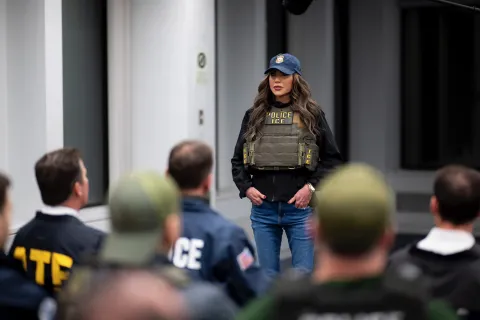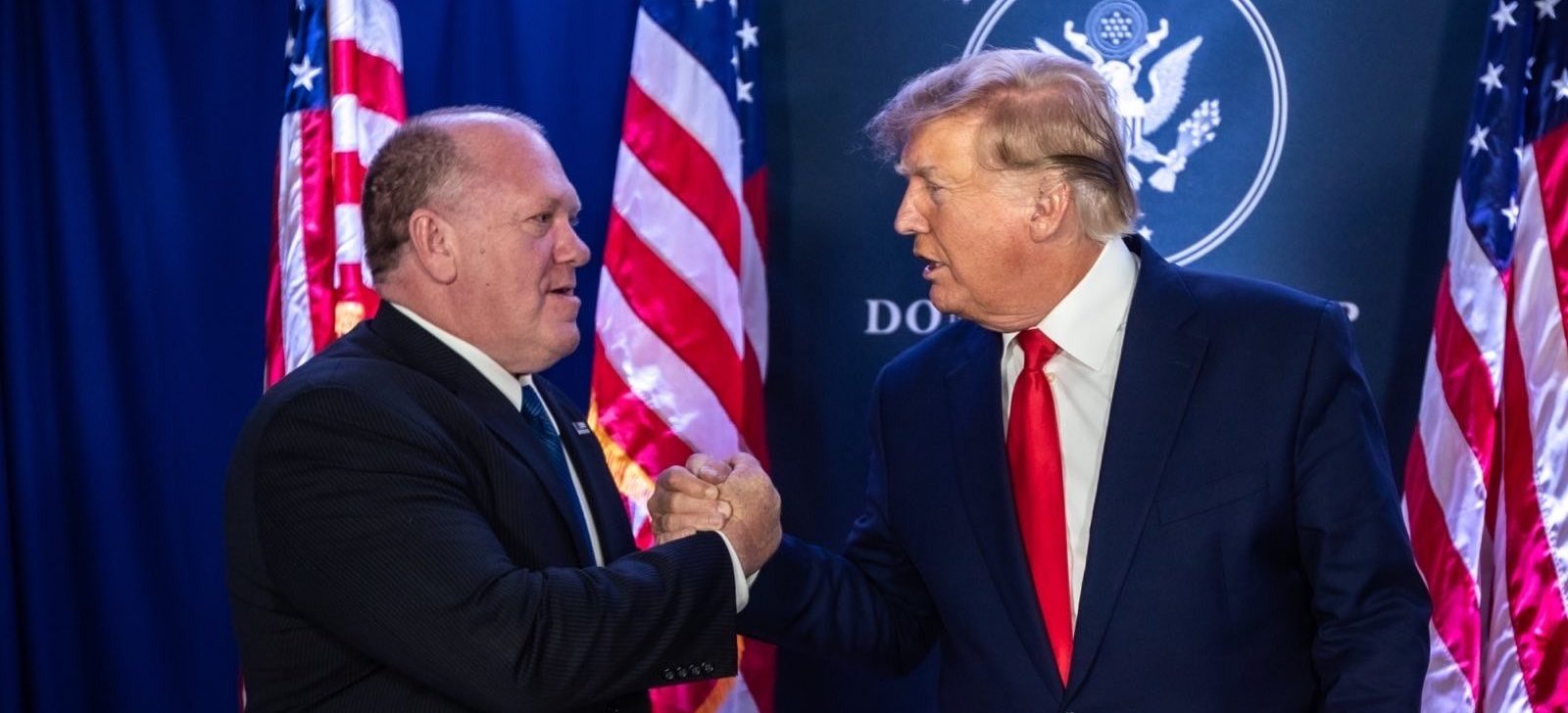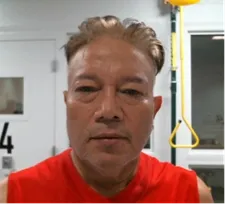Uzbekistan has agreed to pay for the deportation of its own nationals—meaning it won’t cost U.S. taxpayers a dime.
The Trump administration’s Department of Homeland Security announced the deal this week. More than 100 illegal aliens from Uzbekistan, Kazakhstan and Kyrgyzstan were sent back to Uzbekistan on a deportation flight, with plans for more deportation flights funded by the Uzbek government.
“We commend Uzbekistan President Shavkat Mirziyoyev for his leadership in sending a flight to return 131 illegal aliens back to their home country,” DHS Secretary Kristi Noem said in a news release. “We look forward to continuing to work together with Uzbekistan on efforts to enhance our mutual security and uphold the rule of law.”
Under President Donald Trump and Secretary Noem’s leadership, officials brokered the deal with the Government of Uzbekistan to successfully deport its own nationals. It’s part of a larger effort, known as Operation Take Back America, to deport criminal illegal aliens and migrants who repeatedly break the law and reenter the U.S. after being deported.
The Trump administration continues to negotiate with foreign leaders to take back their own citizens or take illegals who cannot be deported to their home country.
“I say this unapologetically, we are actively searching for other countries to take people from third countries,” Secretary of State Marco Rubio told the media during a Cabinet meeting at the White House this week.
News reports have circulated that The Trump administration is also in talks with Rwanda and Libya to take deportees—much like Trump’s deal with El Salvador. This would allow the United States to send illegal aliens on deportation flights to both countries.
“We are working with other countries to say, ‘We want to send you some of the most despicable human beings to your countries, will you do that as a favor to us?’ And the further away from America, the better, so they can’t come back across the border,” Rubio said.
Since taking office, Trump convinced Colombia to accept migrants removed from the United States. Venezuela also has agreed to resume accepting its nationals who have been deported by U.S. immigration authorities.
One of Trump’s most controversial deals has been with El Salvador to lock up criminal illegal aliens and gang members at the high-security prison CECOT. In March, the Trump administration deported hundreds of individuals, including alleged members of the Tren de Aragua gang, to El Salvador despite a judge’s order to halt the flights.
Mexico also has turned into a willing ally in the fight against drug cartels, sending its own military to the U.S.-Mexico border. Over 6,000 drug traffickers have been arrested—the highest number of arrests in Mexico’s history, according to DHS.
“These are just some of the successful efforts that reflect President Trump’s vision for strong diplomatic cooperation and a restored immigration system, ensuring that illegal aliens are returned to their countries of origin,” the release states. “We are just getting started.”
Despite the Trump administration’s full-court press to deport criminals, those efforts have been held up due to multiple court cases. The latest came Thursday after a U.S. judge blocked Trump from using the Alien Enemies Act to deport some Venezuelan migrants, in the most sweeping ruling thus far to halt Trump’s aggressive immigration crackdown, Reuters reports.
In another high-profile case, El Salvador national and MS-13 gang member, Kilmar Abrego Garcia, has become the Democrats’ poster child for “due process” after he was removed on the March 15 flight to El Salvador’s CECOT.
Garcia admitted to entering the country illegally, had multiple run-ins with police and known gang affiliation, plus allegations of domestic violence and human trafficking have surfaced. However, Garcia’s withholding order forbids his removal to El Salvador, and the U.S. Supreme Court has ordered the administration to facilitate his return to the U.S., according the court ruling.



